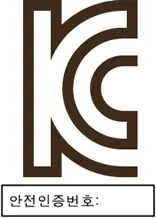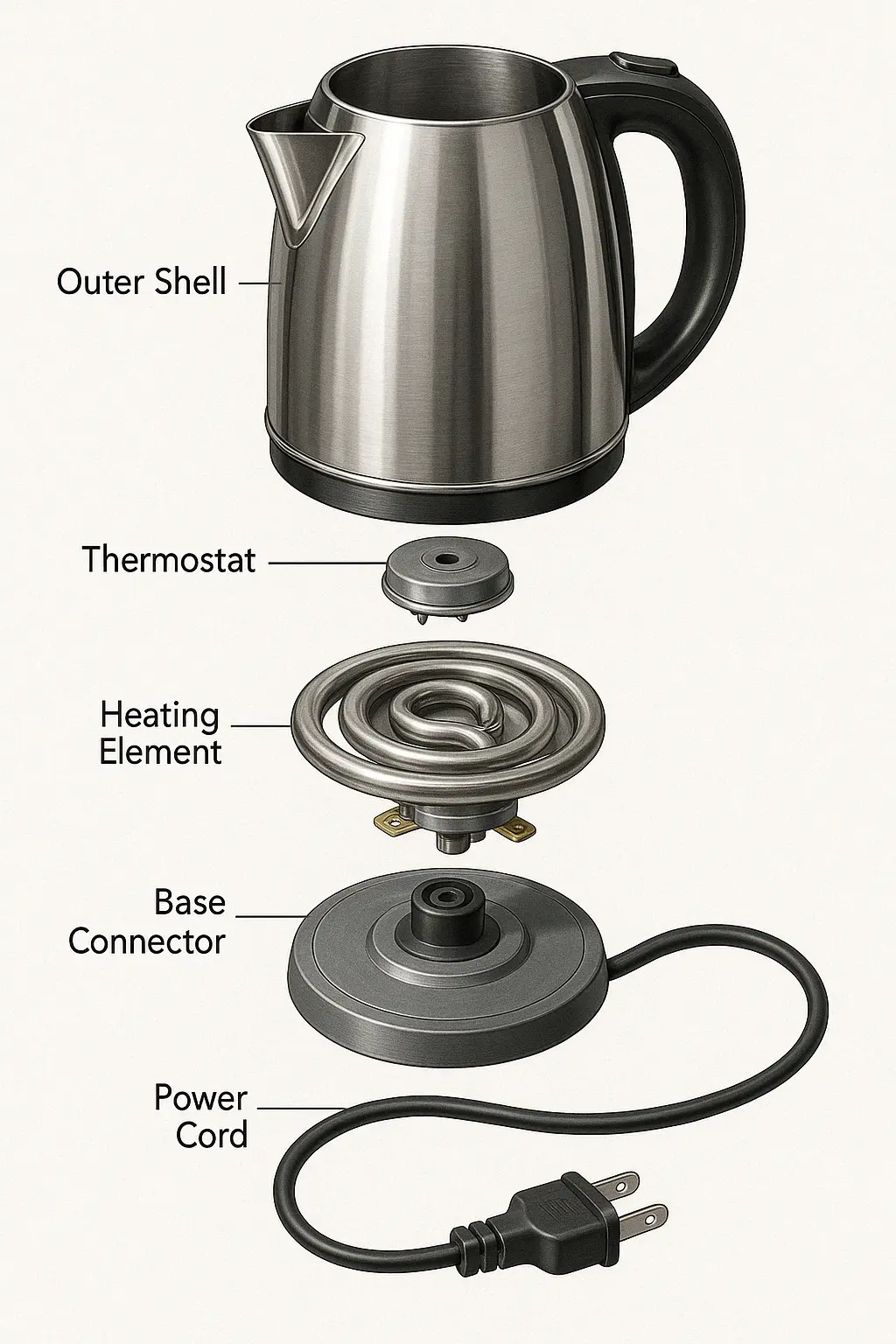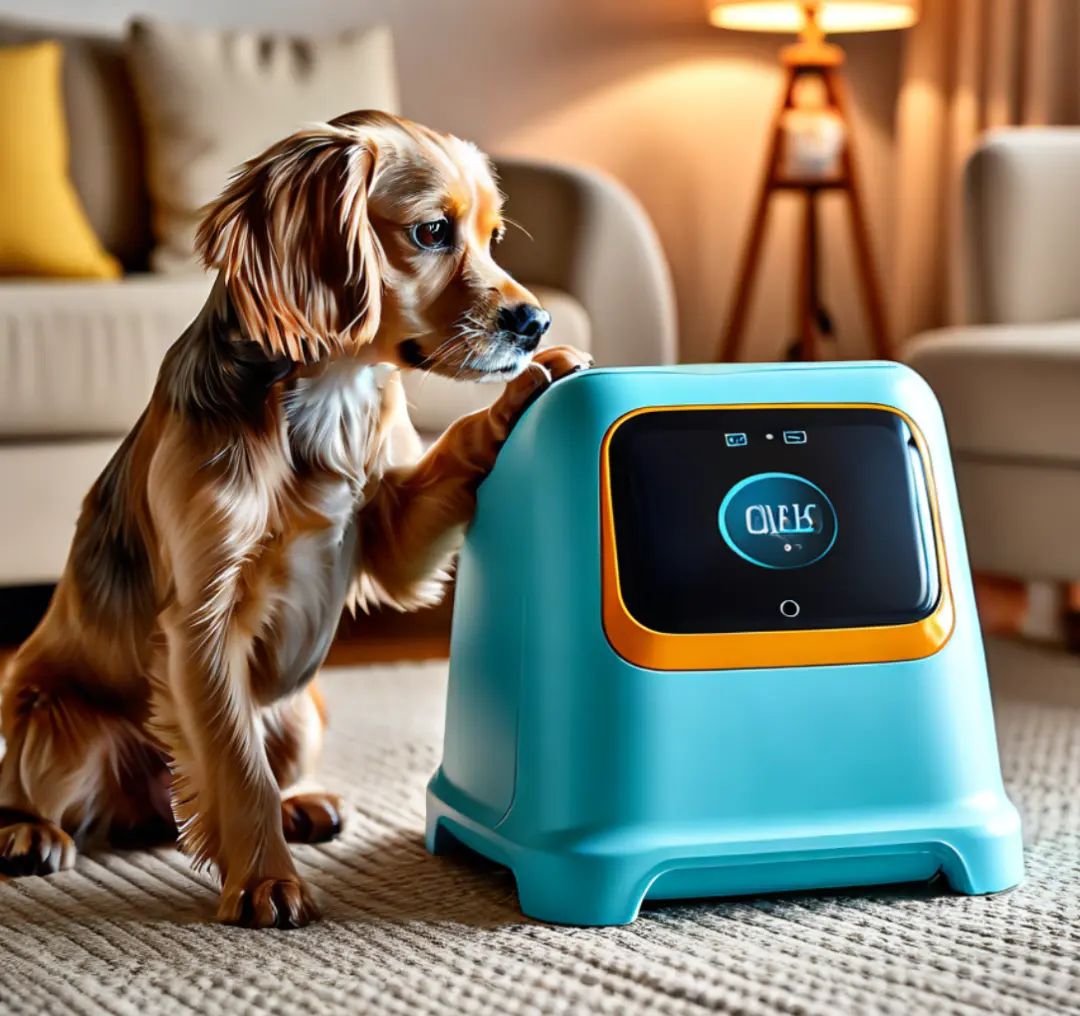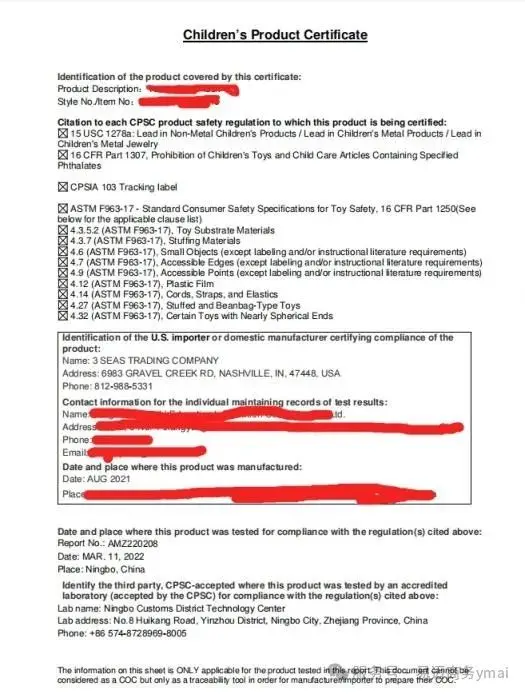
What Are the Differences Between KC Certification and KCC?
kc certification is South Korea's safety certification system for electrical and electronic products, aimed at helping consumers recognize certification marks while reducing the burden on manufacturers. KCC certification, on the other hand, is a mandatory certification system for broadcasting and communication equipment, requiring the submission of technical documents and samples for testing. The purposes, certifying bodies, technical documentation requirements, and nature of certification differ between KC and KCC certifications.

What is KC Certification?
KC Certification (Korea Certification) is a mandatory safety certification system for electrical and electronic products in South Korea. It was implemented on January 1, 2009, by the Korean Agency for Technology and Standards (KATS) under the "Electrical Appliances Safety Control Act."
What is KCC Certification?
KCC stands for Korean Communication Certification. It is overseen by the Korea Communications Commission (KCC), which administers South Korea's telecommunications laws. KCC certification is a mandatory system under the "Telecommunications Framework Act" and the "Radio Waves Act" for telecommunications equipment and products.
Key Differences Between KC Certification and KCC Certification
- Different Purposes:
- KC certification aims to make it easier for consumers to recognize the certification marks on products and to reduce certification costs for manufacturers.
- KCC certification focuses on ensuring that broadcasting and communication equipment complies with regulations. Any broadcasting or communication product must obtain KCC certification before production, import, or sale.
- Different Certifying Bodies:
- The certifying body for KC certification is the Korean Agency for Technology and Standards (KATS).
- The certifying body for KCC certification is the Korea Communications Commission (KCC).
- Different Technical Documentation Requirements:
- KC certification requires:
1. Application for safety certification;
2. Product manual;
3. Component list;
4. Insulation material catalog;
5. Product circuit diagram;
6. Proxy authorization (if applying via an agent);
7. Marking label;
8. Factory inspection form;
9. Transformer specifications;
10. Sample preparation (sample quantity depends on product type).
- KCC certification requires:
1. Test samples;
2. Test standards (KS standards, IEC standards, or client-provided standards);
3. Test purpose selection;
4. Product manual (technical details, installation, and usage instructions);
5. Business license;
6. EMC test fees.
- Different Nature of Certification:
- KC certification includes both mandatory and voluntary certification types.
- KCC certification is a mandatory certification for products entering South Korea. Both domestic and foreign manufacturers must obtain KCC certification for their electronic products before importation.
Email:hello@jjrlab.com
Write your message here and send it to us
 Amazon Ladder Compliance Certification Guide
Amazon Ladder Compliance Certification Guide
 Amazon and Temu Require FCM Test Reports
Amazon and Temu Require FCM Test Reports
 Electric Kettle Amazon Canada Compliance Certifica
Electric Kettle Amazon Canada Compliance Certifica
 Do You Understand Amazon Compliance Certification?
Do You Understand Amazon Compliance Certification?
 Pet Products CE Mark
Pet Products CE Mark
 US Toy Safety Standards
US Toy Safety Standards
 Toy Toxicology Testing CA
Toy Toxicology Testing CA
 CPSIA Compliance for Children's Products
CPSIA Compliance for Children's Products
Leave us a message
24-hour online customer service at any time to respond, so that you worry!




